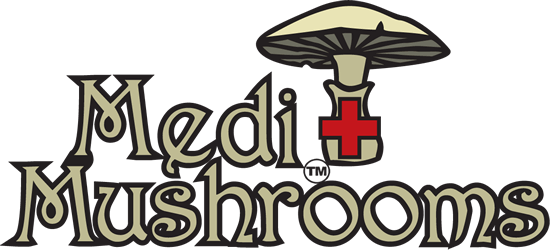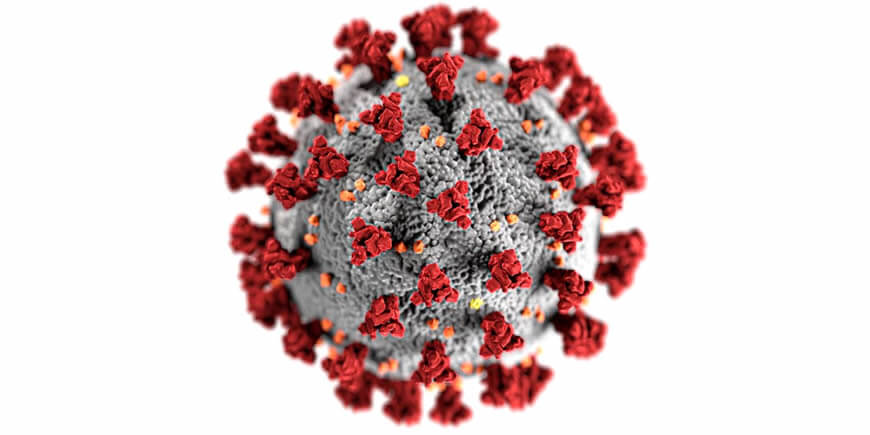*** IMPORTANT SHIPPING & DELIVERY NOTICE ***
Some international couriers continue to experience shipping delays.
We recommend you buy early and in bulk to avoid the impact of these delays.Buy More & SAVE Big!
- Tap for Navigation
- Dietary Supplements ▼
- » Dr Alla's Cordyceps
- » Dr Alla's Lion's Mane
- » Dr Alla's Maitake
- » Dr Alla's Reishi
- » Dr Alla's Shiitake
- » Testimonials
- Symptoms Chart
- Get Advice ▼
- » FAQ
- » Health Consultations
- Dr Alla's Insights ▼
- » Medical Conditions
- » Mushroom Properties
- » Research Info ►
- » » Medical Quotes
- » » Reference Works
- » » Mushrooms - Why Special?
- About ▼
- » Dr Alla's Story
- » Testimonials
- » Trade Enquiries
- » Contact
- Customer Info ▼
- » Access My Account
- » Track My Order
- Navigation
- Dietary Supplements ▼
- » Dr Alla's Cordyceps
- » Dr Alla's Lion's Mane
- » Dr Alla's Maitake
- » Dr Alla's Reishi
- » Dr Alla's Shiitake
- » Testimonials
- Symptoms Chart
- Get Advice ▼
- » FAQ
- » Health Consultations
- Dr Alla's Insights ▼
- » Medical Conditions
- » Mushroom Properties
- » Research Info ►
- » » Medical Quotes
- » » Reference Works
- » » Mushrooms - Why Special?
- About ▼
- » Dr Alla's Story
- » Testimonials
- » Trade Enquiries
- » Contact
- Customer Info ▼
- » Access My Account
- » Track My Order
Coronavirus disease (COVID-19) is an infectious disease caused by a novel coronavirus that was discovered in December 2019 in the capital of China's Hubei province, Wuhan City.
Since January 2020 it started to spread fast and it is now in almost every country around the world.
Most people infected with the COVID-19 virus experience mild to moderate respiratory illness showing signs and symptoms such as:
- fever
- sore throat
- nasal congestion
- runny nose
- temporary loss of smell
- temporary loss of taste
- difficulty breathing
- sneezing
- dry cough
- muscle aches and pains
- tiredness
- headache
- chills
- diarrhoea
On average, people start showing signs of infection within 5 to 6 days (incubation period) from the time they contracted the virus, but it can be as much as 14 days.
The vast majority of people with mild or moderate symptoms recover within a month without requiring special treatment.
Covid-19 it is a new type of virus, so there is a lot that medical professionals and scientists don’t know and understand yet and there are lots of resources invested into studying this disease.
What we know though is that the older people and those with underlying medical problems are more likely to develop serious illness.
These medical conditions are, but not exclusive to:
- diabetes
- cardiovascular disease
- high blood pressure
- chronic respiratory disease
- cancer
- asthma
- kidney disease
- weak immune system
The elderly people, those with underlying illnesses and immuno-compromised, are at higher risk of developing serious complications or even have a fatal outcome if infected with Corona-19.
The COVID-19 virus spreads primarily through droplets of saliva or discharge from the nose when an infected person coughs or sneezes, so it’s important to practice respiratory etiquette (for example, by coughing into a flexed elbow).
At the moment there are no specific vaccines or treatments developed to combat COVID-19, however there are dozens of ongoing clinical trials evaluating potential treatments.
WHO (World Health Organisation) has stipulated a number of ways that can help us all to fight this disease:
- Stay home if you are not required to go out;
- Regularly and thoroughly clean your hands with an alcohol-based hand rub or wash them with soap and water;
- Keep the social distance if you need to go out;
- Stay home and self-isolate even with minor symptoms such as cough, headache, mild fever, until you recover;
- Avoid going to crowded places;
- Avoid touching eyes, nose and mouth;
- Cover your mouth and nose with your bent elbow or tissue when you cough or sneeze;
- If you have a fever, cough and difficulty breathing, seek medical attention, but call by telephone in advance if possible and follow the directions of your local health authority;
- Keep up to date on the latest information from trusted sources, such as WHO or your local and national health authorities.
Staying at home in your own bubble is essential in order to avoid getting the infection.
The Immune System is the body’s defense force in combating the attacks of numerous viruses and pathogens, this is why the coronavirus poses a serious threat to immuno-compromised part of population.
What does it mean to be immunocompromised or immunosuppressed?
To have immunodeficiency or to be immuno-compromised is a state in which the immune system’s ability to fight infectious disease and cancer is compromised or entirely absent.
Here are just a few examples when a person has a compromised or weakened immune system:
- Infections
- Cancer
- Frequent and recurring infections such as bronchitis or pneumonia
- Blood disorders
- Chronicle digestive problems
- Delayed growth of development
- AIDS
- Diabetes
- Rheumatoid arthritis
- High blood pressure
- Lupus
- Lung disease
- Malnutrition
- Certain genetic disorders
- People taking any medications that suppress the immune system, for example, corticosteroids.
So how do we help our immune system to fight the virus?
First of all, as much as possible stay home and avoid the possibility of getting infected.
Secondly, you might want to start taking:
- Vitamin C
- Vitamin D
- A range of multivitamins
- Take medicinal mushrooms
You should also increase the intake of vegetables, fruit and berries.
On a sunny day soak some direct sun for at least 15-30 minutes a day to get extra Vitamin D.
Recommended Medicinal Mushrooms:
Certain mushrooms are widely known for having a variety of medicinal properties and also are used as immune boosters.
You might also want to start taking such medicinal mushrooms like:
If you are already taking a number of supplements or a variety of medications, it might be overwhelming to add more capsules to the mix.
Here is a suggestion, you don’t have to swallow MediMushrooms capsules.
Just unscrew them and empty the mushroom powder into your porridge, cereal, yogurt or smoothie. Some people sprinkle it into salad and toss it well or add it to a stew, just make sure that you add it when it stopped boiling to preserve all the nutrients.
Keeping your immune system functioning well and protecting you is important not only now as we are fighting Covid-19.
Moving beyond this dreadful time, we all will have to pay much more attention to having a strong immune system and stay safe. It will remain one of the most important responsibilities to ourselves and our loved ones.
Please do not hesitate to contact me and discuss your health issues or any of our MediMushrooms products.
I am here to help,
Dr Alla.
CONTACT INFO
021 227 9922 (NZ)
+64 21 227 9922sales@medimushrooms.co.nz
Skype: alla.kiroshka

Copyright © 2004 - 2024 MediMushrooms International Ltd
DISCLAIMER: The information on this website has been researched, reviewed and presented with all due care.
Nevertheless, the content is provided for general education and information only and should not be relied upon in making,
or refraining from making, any decision. It is NOT intended to replace medical advice from a healthcare professional.
All users are urged to seek advice from a qualified healthcare professional for diagnosis, treatment and answers to their medical questions.
Use products as directed. If symptoms persist, please see your healthcare professional.Specific results expressed herein are not typical. Individual results will vary.


